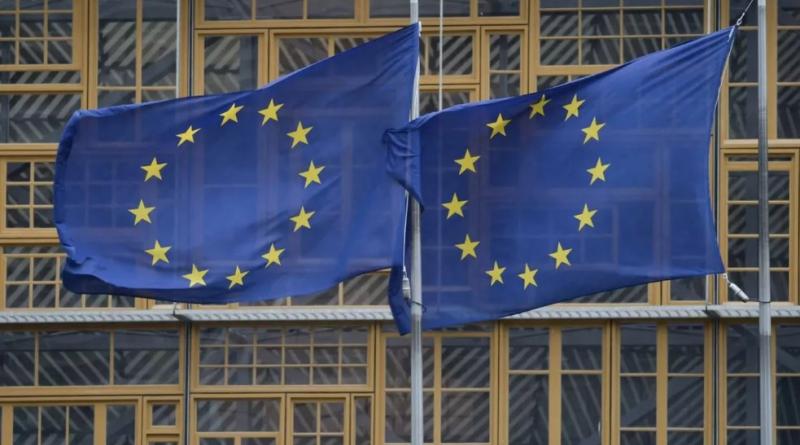EU Approves €246 Million Dutch Scheme for Renewable Hydrogen

The European Commission has given the green light to a Dutch scheme worth €246 million. This ambitious plan aims to bolster the production of renewable hydrogen, ultimately supporting the transition to a greener and more sustainable energy landscape.
The scheme, operating under EU State aid rules, will not only enhance the Netherlands’ electrolysis capacity but also contribute to broader European goals of reducing dependency on fossil fuels and fostering the rapid adoption of renewable energy sources.
The Dutch government’s proposal, formally notified to the European Commission, centers on nurturing the production of renewable hydrogen by expanding the country’s electrolysis capacity. To achieve this, the scheme will provide financial support for the construction of a minimum of 60 megawatts (MW) of electrolysis capacity. The financial assistance will be allocated through a competitive bidding process, open to companies across the European Economic Area, engaged in, or aspiring to establish, hydrogen production units within the Netherlands.
The aid will take the form of direct grants, allocated for a period ranging from seven to fifteen years. Beneficiaries of the support must adhere to specific EU criteria for producing renewable fuels of non-biological origin, as outlined in recently adopted delegated acts on renewable hydrogen. A key aspect of this criterion includes contributing to the deployment or financing of additional renewable electricity required to produce the renewable hydrogen supported under the scheme.
The Dutch scheme aligns with the Netherlands’ ambitions to achieve 500 MW of electrolyser capacity by 2025 and further scale up to 3-4 GW by 2030. At the European level, the scheme will play a pivotal role in the EU’s target to establish at least 6 GW of renewable hydrogen-based electrolysers and produce up to 1 million tonnes of renewable hydrogen by 2024. Looking ahead, the goal is to reach at least 40 GW of electrolyser capacity and produce up to 10 million tonnes of domestic renewable hydrogen in the EU by 2030.
The Netherlands expects that the implementation of the scheme will lead to an approximate annual reduction of 55 kilotons of CO2 emissions until 2030. This significant reduction in greenhouse gas emissions aligns with the country’s broader commitment to reduce GHG emissions by 55% by 2030 and achieve climate neutrality by 2050 compared to 1990 levels.
Commission’s Assessment and Approval
The European Commission diligently evaluated the Dutch scheme under EU State aid rules, particularly Article 107(3)(c) of the Treaty on the Functioning of the European Union and the 2022 Guidelines on State aid for climate, environmental protection, and energy (CEEAG). The assessment concluded that the scheme is indeed necessary and appropriate to support the production of renewable hydrogen, facilitating decarbonization in key sectors such as industry, transportation, and energy.
The Commission was satisfied that the scheme demonstrated an “incentive effect,” meaning the beneficiaries would not undertake the relevant investments without the public support provided by the scheme. Moreover, the Netherlands has put in place robust safeguards to ensure that the scheme’s impact on competition and trade within the EU remains limited. The beneficiaries will be chosen through a transparent and non-discriminatory bidding process, and the aid provided will be the minimum necessary to carry out the projects. The positive environmental impact, aligned with the European Green Deal, outweighs any potential negative effects on competition.
The approval of the €246 million Dutch scheme marks a significant step forward in the pursuit of renewable hydrogen production and the larger transition to a sustainable energy landscape. By investing in electrolysis capacity and renewable hydrogen production, the Netherlands and the EU demonstrate their commitment to combating climate change, reducing greenhouse gas emissions, and advancing a greener future. The success of this ambitious scheme will not only benefit the Netherlands but will also serve as an inspiring model for other European countries to follow in the pursuit of a cleaner and more sustainable energy future.






